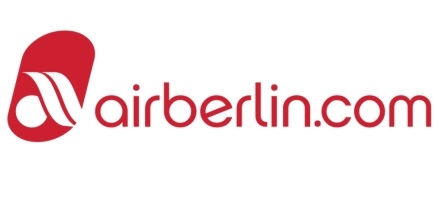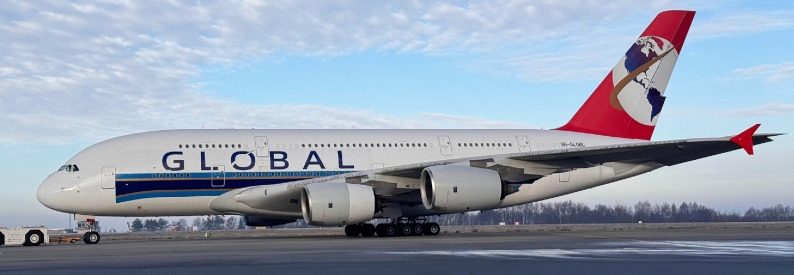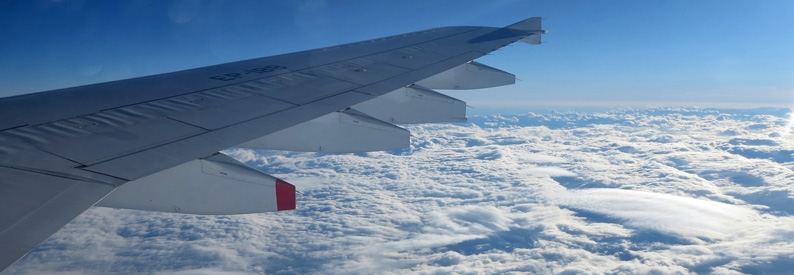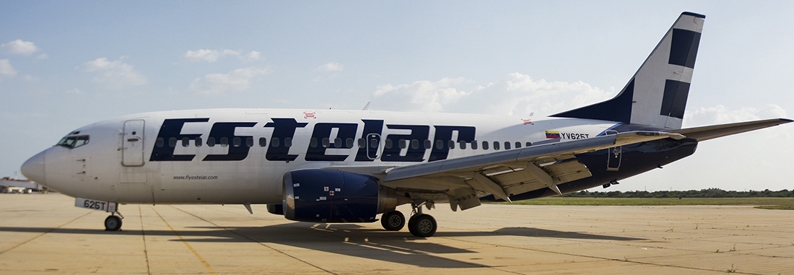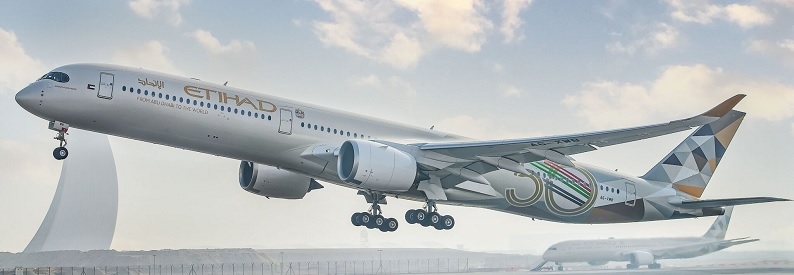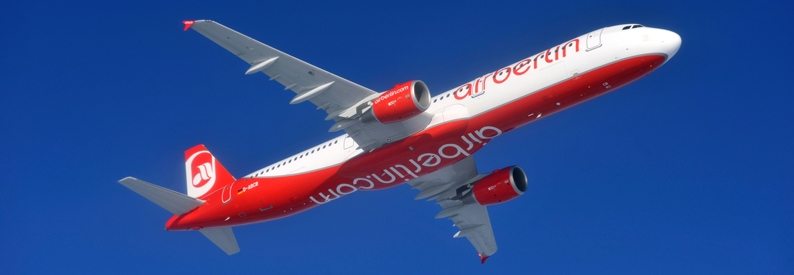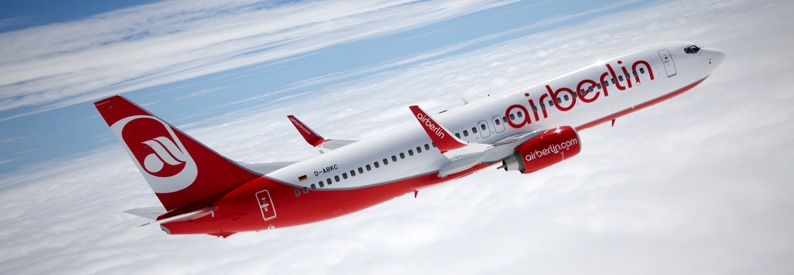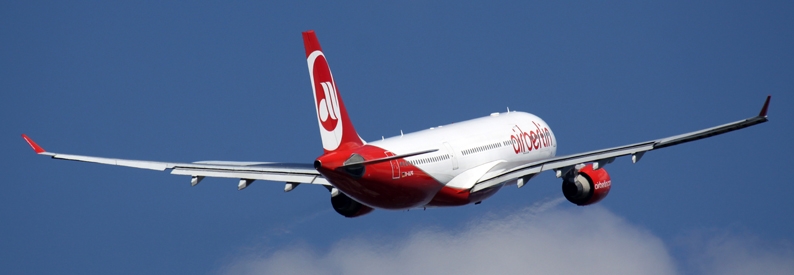Air Berlin (1991) (Berlin Tegel) has confirmed that pending government approval, it will be supplying up to forty aircraft to the Lufthansa Group as part of a vast restructuring plan aimed at cutting excess capacity and overheads.
The ailing carrier said in a press release Wednesday that under the deal, up to thirty-eight of the aircraft would be operated for the Group under a six-year wet-lease/ACMIO agreement beginning summer 2017.
As such, of the remaining seventy-five aircraft in its fleet seventeen A330-200s will be retained for longhaul flights while forty A320 family jets and eighteen DHC-8-400s will be kept for short-/medium-haul flights including to major business centres throughout Europe. Given the numbers announced by Air Berlin, it actually plans to grow its A330 fleet by three aircraft and its Q400 fleet by 1 aircraft. The narrowbody jet fleet of Air Berlin, its two subsidiaries Belair Airlines (Zurich) and Niki (Austria) (Vienna) and the aircraft wet-leased from TUI fly (Germany) (X3, Hannover) currently includes 118 aircraft (11 A319-100s, 63 A320-200s, 23 A321-200s, 5 B737-700s and 16 B737-800s).
In terms of network operations, the airline says it will focus on serving higher-yielding markets from its Berlin Tegel and Düsseldorf hubs. Its profitable long-haul operations will be expanded with new routes and additional frequencies, particularly to the United States. Its weaker short- and medium-haul programme will, however, turn to concentrate on year-round business markets with a strong focus on Italy, Scandinavia and Eastern Europe. It will also aim to secure a greater share of domestic business travel.
“Air Berlin will be a lean business focused on long-haul and higher-yield routes from Dusseldorf and Berlin, which are our two strong catchment areas," Stefan Pichler, Air Berlin’s Chief Executive Officer, said. “We are implementing a size and structure for the business that is fit for purpose. We will see revenues grow and costs contained as a result of this restructuring of our business.”
In line with the consolidation, Air Berlin's leisure flying will also be concentrated into an independent business unit.
Given the reduction in flying, up to 1,200 employees will be laid off. Negotiations with works councils’ representatives will aim to confirm voluntary and compulsory redundancies by February 2017. Aside from voluntary redundancies, redeployment opportunities within the Etihad Airways Partners group of airlines, which include Jet Airways, Air Serbia, Darwin Airline, Alitalia, Air Seychelles and Etihad Airways, will be offered to Air Berlin employees where possible.
Despite previous turnaround attempts, Air Berlin has struggled to return to profitability on the back of overcapacity and weakening demand caused, in part, by Europe's worsening security situation. Last year alone, its annual loss increased from EUR376.7 million in 2014, to a EUR446.6 million loss (USD485.8 million) in 2015.
